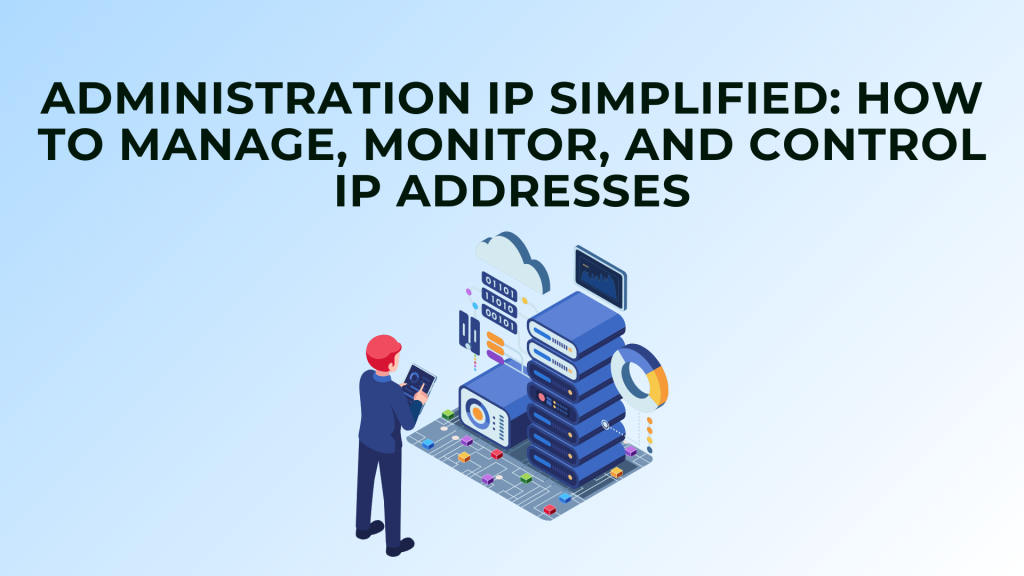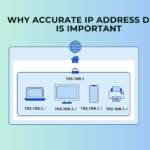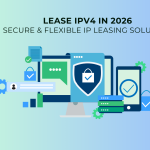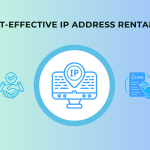Every digital business depends on stable network infrastructure. At the heart of this infrastructure lies something critical — the IP address system. That’s where Administration IP comes in. Understanding how to manage, monitor, and control your IP environment can protect your business from chaos, security risks, and poor performance.
What Is Administration IP?
Administration IP refers to the process of organizing and handling Internet Protocol (IP) addresses within a network. It includes allocation, tracking, auditing, and securing addresses to keep the network functioning without errors or conflicts.
Why Managing IPs Is So Important
A well-managed IP system prevents issues like address conflicts, unauthorized access, or performance bottlenecks. Without structured IP management, companies are exposed to increased risks and inefficiencies that can lead to serious disruptions.
The Pitfalls of Manual IP Tracking
Manual methods like spreadsheets are outdated and unreliable. Human error, lack of scalability, and poor visibility make manual tracking a huge risk for modern businesses. It may work short-term, but it crumbles as the network grows.
How IP Allocation Works
Assigning an IP address can be static or dynamic. Static IPs are manually set and fixed, commonly used for devices like servers. Dynamic IPs are handed out using DHCP, saving time and ensuring flexibility for most network devices.
Benefits of an IP Management Strategy
A clear strategy helps manage everything from device discovery to IP lease renewal. A proactive approach boosts uptime, prevents breaches, and keeps your IT team focused on high-value work.
What is IP Control?
IP control is about monitoring and managing who gets access to which addresses. It ensures no two devices clash and unauthorized users are blocked. It includes access permissions, IP whitelisting, blacklisting, and usage rules. IP control is crucial for avoiding security loopholes.
Monitor IPs in Real-Time
Real-time IP monitoring gives you instant visibility into your network. You can spot unusual activity, identify slowdowns, and trace down any unauthorized access attempts before they cause real damage.
Use Smart Tools for Better Management
There are powerful IP Address Management (IPAM) tools available that simplify complex tasks. These tools let you scan networks, assign IPs automatically, detect conflicts, and even generate audit logs. Automation saves time and minimizes risk.
Embrace Automation
Automation is the future of Administration IP. Systems now automatically detect new devices, assign appropriate IPs, alert you to issues, and help with compliance. You get efficiency, accuracy, and scalability — all in one.
Focus on Security
Managing IPs isn’t just about technical control — it’s a security necessity. Set access policies, segment your network, and track every connection to avoid breaches. Audit logs and IP history tracking help meet compliance and forensic needs.
How to Prevent IP Conflicts
An IP conflict happens when two devices get the same IP — this causes connectivity loss. Prevention tools can alert you instantly when duplicates are detected and guide quick resolutions. Strong IP control helps reduce these errors.
Scale Without Fear
As your business scales, so does the complexity of your IP network. Scalable IP administration ensures you’re never overwhelmed, keeping your growing infrastructure under full control without breaking workflows or security protocols.
Cloud vs. On-Premise IP Management
Cloud-based IP management offers easy access, scalability, and real-time updates. On-premise tools offer more control and may be better for industries with strict data regulations. Choose based on your operational needs.
Conclusion
Managing Administration IP isn’t optional — it’s essential. With efficient ip control, automation, and monitoring in place, your network becomes stronger, safer, and far more scalable. Whether you’re running a startup or a global enterprise, smart IP management is the foundation of reliable digital operations.
FAQs
It refers to the processes and tools used to manage and control IP addresses within a network.
IP control helps avoid network conflicts, unauthorized access, and inefficient resource usage.
Yes. Automation tools can assign, track, and manage IPs with minimal human involvement.
Using IP management software that includes real-time scanning and alert systems.
Yes, if it includes encryption, access control, and compliance with data protection standards.






